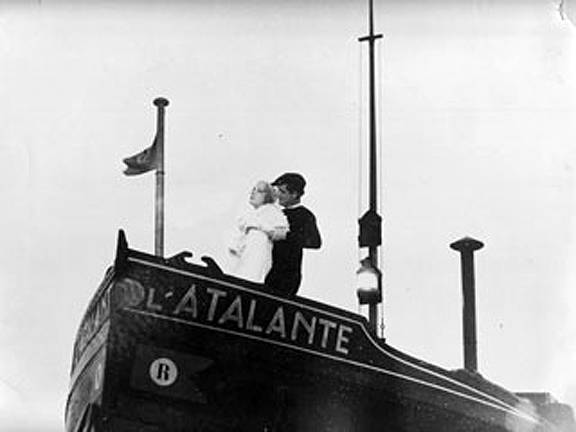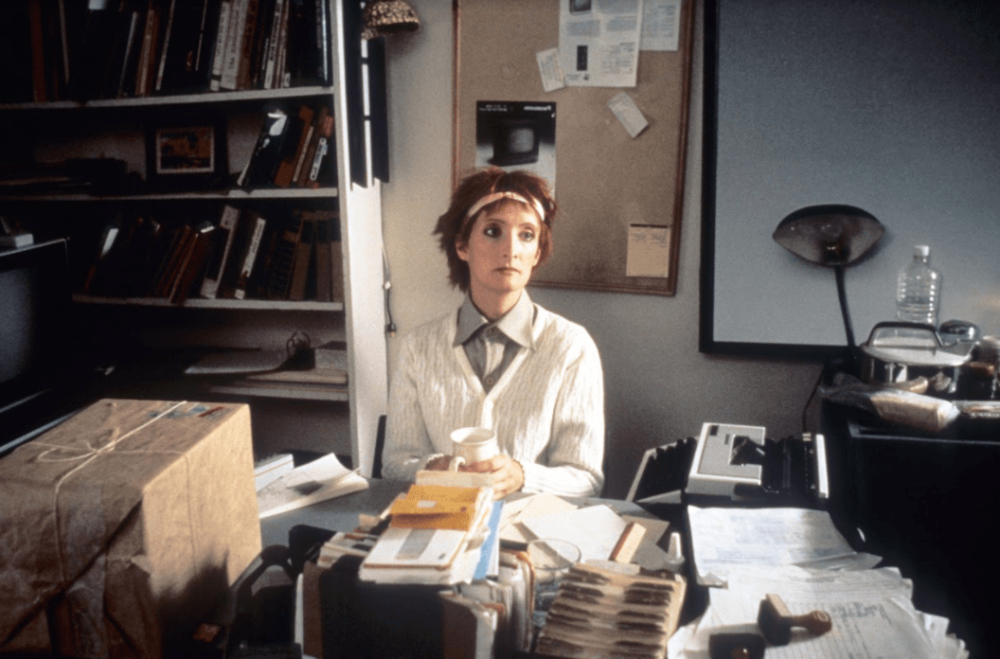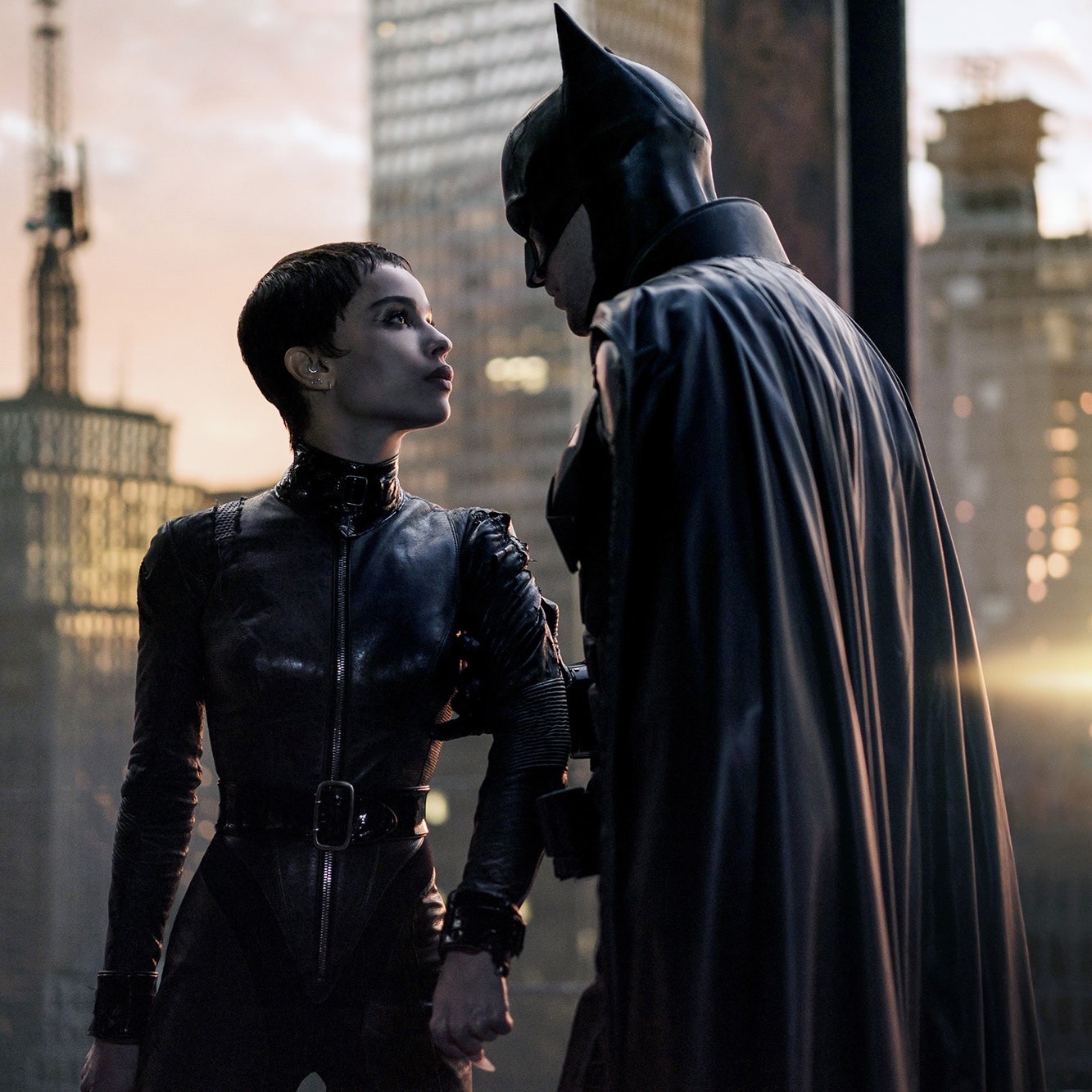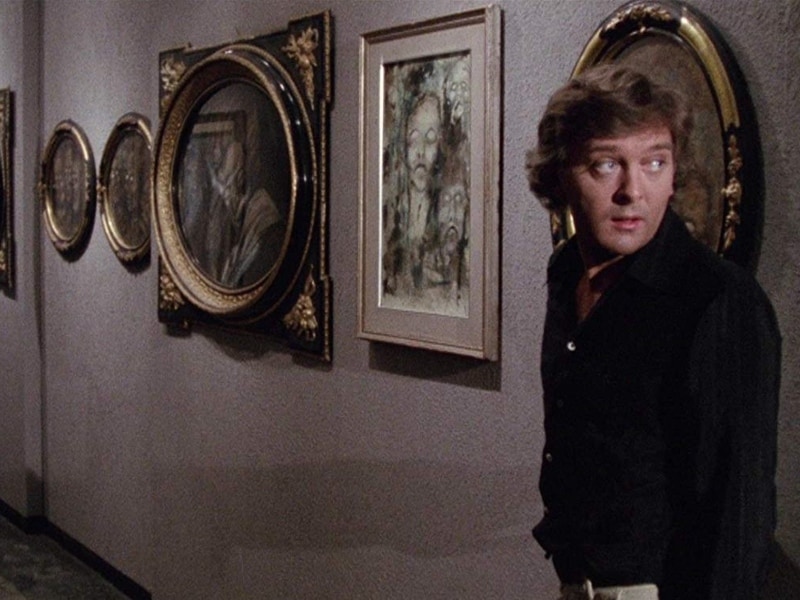Year: 1934
Director: Jean Vigo
Screenplay: Jean Vigo and Albert Riéra, based on an original scenario by Jean Guinée
Starring: Michel Simon, Dita Parlo, Jean Dasté
Running Time: 89 minutes
Genre: Drama
After a whirlwind romance, country girl Juliette (Parlo) marries Jean (Dasté), captain of the barge L'Atalante. However, the cramped conditions in the barge, as well as the crew consisting of the earthy Père Jules (Simon) and the cabin boy (Louis Lefebvre), and Jules' numerous pet cats soon puts a strain on the marriage. After an encounter with a charming peddler (Gilles Margaritis), Juliette makes an impulsive trip to Paris, and ends up lost and penniless in a strange city. Distraught by her departure, Jean begins to fall apart, and it's up to Père Jules to put matters to rights.
French writer/director Jean Vigo died of tuberculosis at the age of 29, having completed three short films and one feature, and yet is regarded as one of the greats of French cinema. L'Atalante is often regarded as one of the greatest films ever made. The film mixes social realism with poetic romanticism. Michel Simon makes an indelible impression as the bawdy, earthy, fiercely loyal Père Jules, and Dita Parlo is great as the romantic, vulnerable, headstrong Juliette. Jean Dasté is good as the romantic but fiercely jealous captain of the barge, but he is overshadowed by the performances of Simon and Parlo. L'Atalante followed Vigo's controversial short film about schoolboy rebellion, Zero for Conduct (1933), which was banned by the French government until 1945 and went on to influence such films as François Truffaut's The 400 Blows (1959) and Lindsay Anderson's If.... (1968). L'Atalante too ran into stormy waters as the distributor cut the film to 65 minutes and retitled it The Passing Barge to make it more commercial. Vigo, who did shortly after the film's release, was too ill to fight them. However the film has now been restored to its original length, and it is somehow gratifying that Vigo's legacy has grown with time. You can tell that L'Atalante is a young person's film, filled as it is with endless invention, mixing documentary-style footage with heavily stylised, almost surreal sequences, a playful sense of humour and invention, and scenes of grimy reality, lightened by poetic beauty and romance, in a way that only film can. One scene in particular which dissolves between Jean on the barge and Juliette in Paris as they each lie alone in their respective beds, mirroring each other's movements as they toss and turn, unable to sleep, is one of the most powerful scenes of romantic yearning in cinema.
Dita Parlo and Jean Dasté on board the L'Atalante













